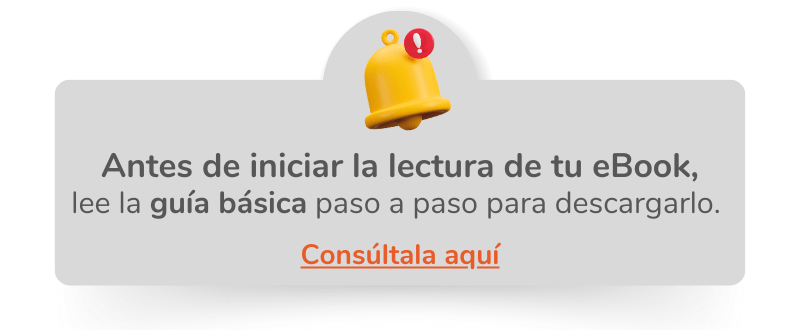☑️ ENVÍO GRATIS a toda Colombia por compras superiores a $ 79.000 (*)
eBook
SINOPSIS DEL LIBRO:
Características:
Atributos LU
Año de Edición
2022
Descatalogado
NO
Tipo
eBook
Autor
Joseph Planta
Subtítulo
In a Letter to Sir John Pringle, Bart. P. R. S
ISXN
8596547174004
Idioma
Inglés
Núm. Páginas
22
Peso (Físico)
0
Tamaño Archivo (Virtual)
0.42
DRM (Virtual)
Sí
Formato Electrónico (Virtual)
EPUB
Título
Account of the Romansh Language
Biografía del Autor
<p>Joseph Planta (1744?1827) was a notable British librarian and linguist, best recognized for his scholarly work on the Romansh language. Born to Swiss parents in Britain, Planta grew up in an environment that fostered a deep appreciation for languages and cultures. His seminal work, \'Account of the Romansh Language\' (1776), remains a significant contribution to the study of the Romance languages and has been referenced by linguists and philologists alike. Planta\'s reputation as a meticulous scholar is embedded in this erudite examination of Romansh, which not only analyzes the structure and orthography of the language but also provides historical context and its variation across different regions in Switzerland. His attention to detail and commitment to linguistics positioned him as a respected authority in the field during the 18th century. In addition to his work as a linguist, Planta served as the principal librarian of the British Museum from 1799 until his death, proving instrumental in the expansion of its collection and the elevation of its scholarly status. His literary style combines rigorous academic inquiry with insightful observations, which made his writings both accessible to a learned audience and valuable for future research. Planta\'s dedication to the study of lesser-known languages underscores his contribution to the preservation and understanding of cultural heritage.</p>
ISBN: 8596547174004
Referencia: BW1037925037
Compra el libro
eBook
DigiCat
$ 8.900 COP

 +57 310 7157616
+57 310 7157616





